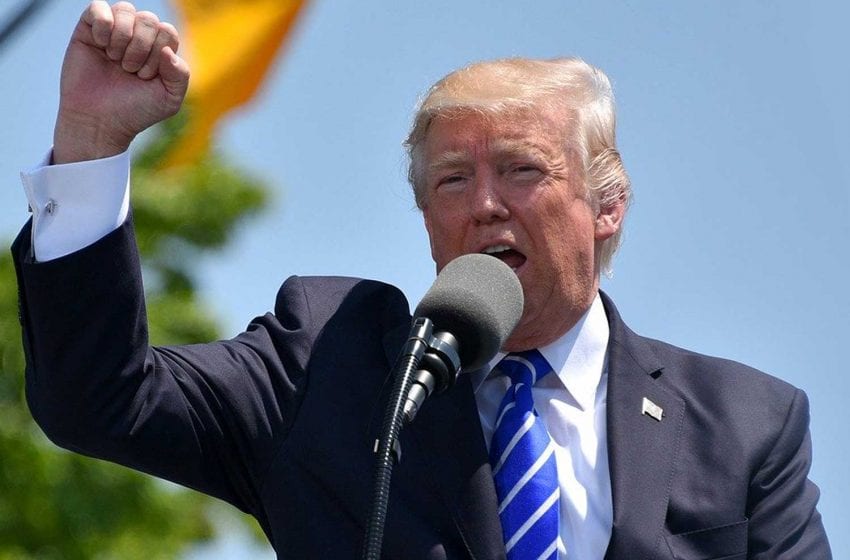Shares in British American Tobacco (BAT) and Imperial Brands rose on Friday after the U.S. Food and Drug Administration (FDA) exempted menthol and tobacco from a list of e-cigarette flavors that it has banned under new guidelines.
“Following a significant period of disruption and uncertainty, this regulatory clarity is a welcome step towards returning the U.S. vapor market to stability,” BAT wrote in a statement.
The new FDA guidelines would also allow tobacco makers to bring back some of the banned flavors if their marketing applications passed a substantive review by the FDA.
“In addition to exempting menthol, the FDA guidance is clear that flavored products will return to the market once they have been approved through the premarket tobacco product application (PMTA) process,” said Simon Evans, spokesman for Imperial Brands.
BAT submitted a marketing application for its Vuse Solo e-cigarette to the FDA in November while Imperial Brands said it would submit its applications for its Blu e-cigarettes before May.
The Campaign for Tobacco-Free Kids (CTFK), however, said the Trump administration had broken its promise to eliminate the flavored e-cigarettes that are driving youth nicotine addiction.
“By leaving menthol flavored e-cigarettes widely available and completely exempting liquid flavored products, this policy will not stop the youth e-cigarette epidemic,” said Matthew L. Myers, president of the CTFK.
By contrast, Michael Siegel, a professor at the Boston University School of Public Health, described the decision to exempt open system products from the ban as a huge victory for public health.
“By allowing vape shops to continue selling flavored vape liquids, the FDA is preventing hundreds of thousands of ex-smokers from being forced to return to smoking,” he said.
But Robin Koval, CEO and president of the Truth Initiative, said that the argument that flavored e-cigarettes and vape shops are necessary for smokers to switch from cigarettes ignores the data.
“The data show that the majority of adult e-cigarette users either never previously used cigarettes or continue to smoke, thereby undermining any potential public health benefit,” she said.
Vapor industry representatives, meanwhile, expressed concern about the FDA’s determination that makers of the nicotine liquids are manufacturers and thus required to submit PMTAs for their products by the court-ordered deadline of May 12.
According to Gregory Conley, president of the American Vaping Association, there has been little “chatter” about liquid manufacturers actually filing such applications.
If they fail to do so by the deadline, many small vapor shops dependent on large nicotine liquid makers could begin closing in mid-May from lack of product from legal sources.










